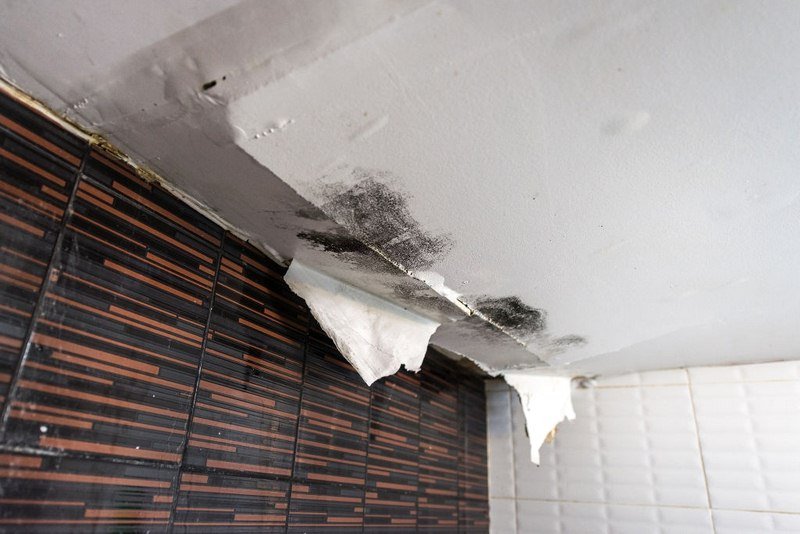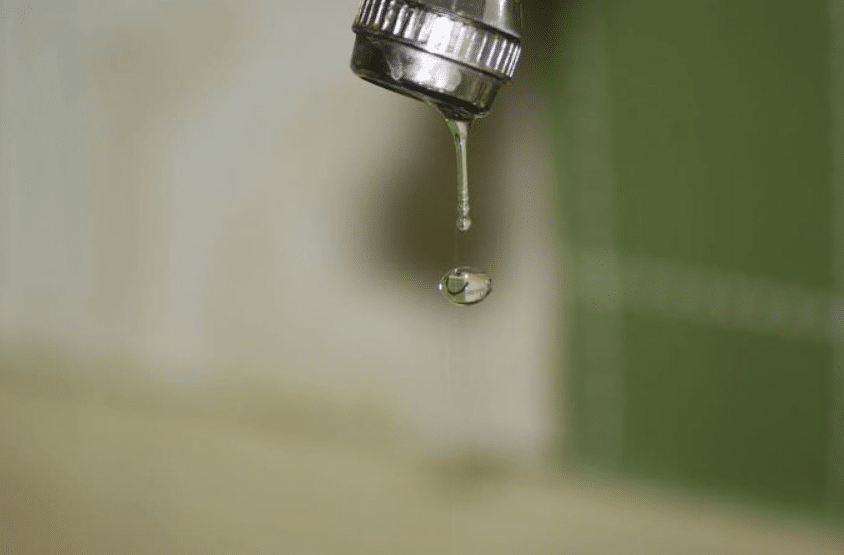Discover the Key Factors Contributing To Water Drips Within Your Residence
Discover the Key Factors Contributing To Water Drips Within Your Residence
Blog Article
We've stumbled upon the article about How to detect water leaks in your home listed below on the net and think it made sense to share it with you on this site.

Leakages not just create waste of water but can also cause unneeded damages to your home as well as promote unwanted natural growth. Water leaks may go unnoticed considering that many of the pipework in our residence is concealed. By looking and also understanding for daily situations that trigger leaks, you can safeguard your home from future leaks as well as unnecessary damage. Today, we will certainly take a look at six leakage creates that might be causing your pipes to drip.
Elbowing in origins
The majority of water leakages begin outside your home instead of inside it. If you discover an unexpected decrease in water stress, state in your faucet, take some time to go out and also examine your yard. You could discover damp patches or sinkholes in your yard, and that may imply that tree origins are getting into water lines creating water to seep out. You can have your plumber look for breach, especially if you have trees or shrubs near your residential or commercial property.
Rusty water supply
As time passes by, your plumbing system ages and deterioration such as corrosion might begin gnawing the pipes. This might be the root cause of staining or bending on your pipes. This asks for an evaluation with your plumber promptly. If our plumbing system is old, think about replacing the pipes since they go to a higher risk of deterioration than the newer versions.
Faulty Pipe Joints
Pipeline joints can degrade over time, resulting in water leakages. If you have noisy pipes that make ticking or banging noises, specifically when the warm water is transformed on, your pipe joints are probably under a lot of stress.
Immediate temperature changes.
Severe temperature changes in our pipelines can trigger them to expand and also acquire all of a sudden. This growth and also contraction might cause fractures in the pipelines, particularly if the temperature level are below freezing. If you maintained an eye on just how your plumbing works, it would be best. The existence of the formerly stated circumstances frequently indicates a high risk.
Poor Water Connectors
At times, a leakage can be caused by loosened tubes as well as pipelines that supply your devices. In case of a water links leakage, you may observe water running straight from the supply line or puddles around your home appliances.
Clogged Drains
Blocked drains pipes could be aggravating and inconveniencing, but they can sometimes end up triggering an overflow bring about rupture pipelines. Maintain removing any materials that might go down your drains pipes that might clog them to stay clear of such aggravations.
All the above are reasons for leaks yet not all water leakages arise from plumbing leakages; some leakages might come from roof covering leakages. All leaks must be fixed instantly to avoid water damage.
Leakages not just cause waste of water yet can likewise cause unneeded damages to your home as well as promote undesirable natural development. By looking and comprehending for daily circumstances that trigger leakages, you can shield your residence from future leakages and unnecessary damage. Today, we will look at six leak triggers that may be creating your pipelines to trickle.
At times, a leak can be caused by loose hose pipes and pipelines that provide your appliances. In situation of a water connections leak, you might observe water running straight from the supply line or puddles around your home appliances.
How To Check For Water Leak In Your Home
How To Check for Leaks
The average household's leaks can account for nearly 10,000 gallons of water wasted every year and ten percent of homes have leaks that waste 90 gallons or more per day. Common types of leaks found in the home are worn toilet flappers, dripping faucets, and other leaking valves. These types of leaks are often easy to fix, requiring only a few tools and hardware that can pay for themselves in water savings. Fixing easily corrected household water leaks can save homeowners about 10 percent on their water bills.
To check for leaks in your home, you first need to determine whether you're wasting water and then identify the source of the leak. Here are some tips for finding leaks:
Take a look at your water usage during a colder month, such as January or February. If a family of four exceeds 12,000 gallons per month, there are serious leaks.
Check your water meter before and after a two-hour period when no water is being used. If the meter changes at all, you probably have a leak.
Identify toilet leaks by placing a drop of food coloring in the toilet tank. If any color shows up in the bowl after 10 minutes, you have a leak. (Be sure to flush immediately after the experiment to avoid staining the tank.)
Examine faucet gaskets and pipe fittings for any water on the outside of the pipe to check for surface leaks.
Undetected water leaks can happen without the home or business owner even realizing. If you suspect a water leak, but not able to find the source. It is time to contact a professional water leak detection service, The Leak Doctor.
How To Find a Water Leak In Your Home
https://www.leakdoctor.com/blog/How-To-Check-For-Water-Leak-In-Your-Home_AE197.html

I'm certainly very curious about Most Common Causes of Leaky Pipes and I hope you liked the blog entry. If you please take the time to promote this post if you enjoyed it. Thanks so much for going through it.
Need assistance? Call. Report this page